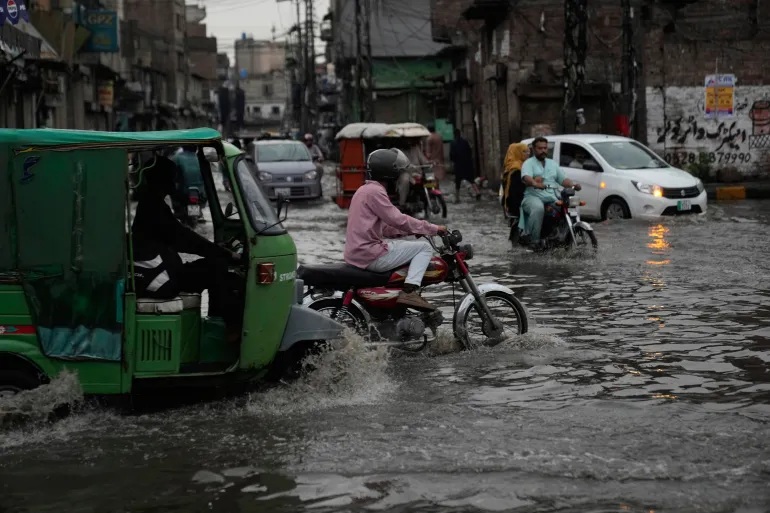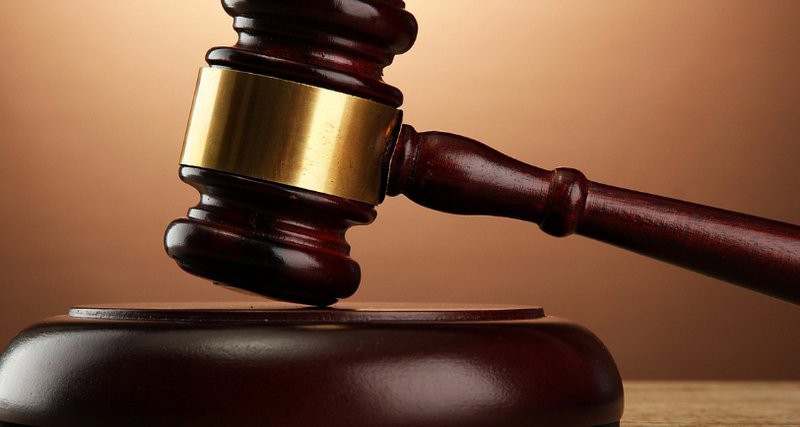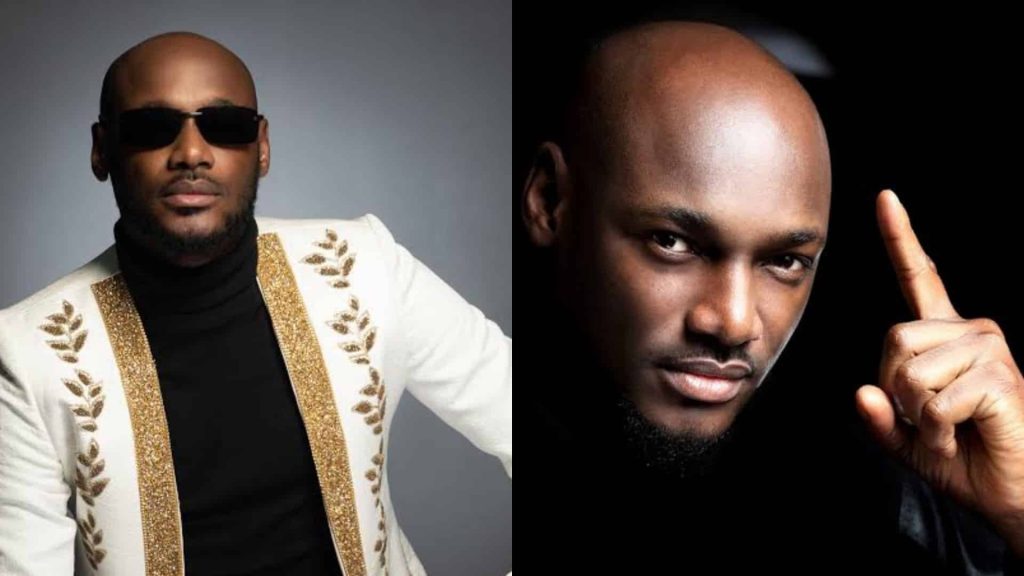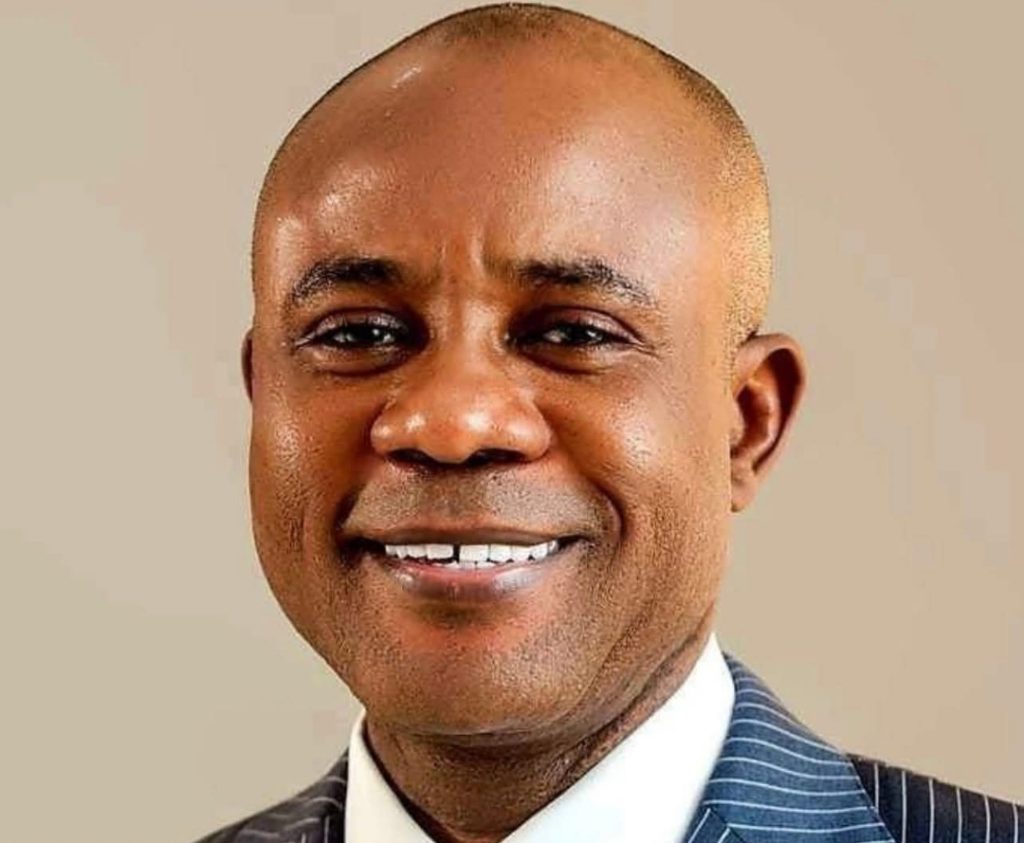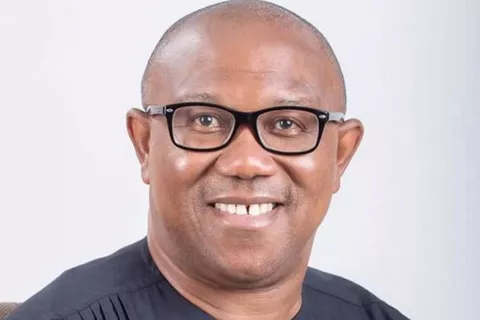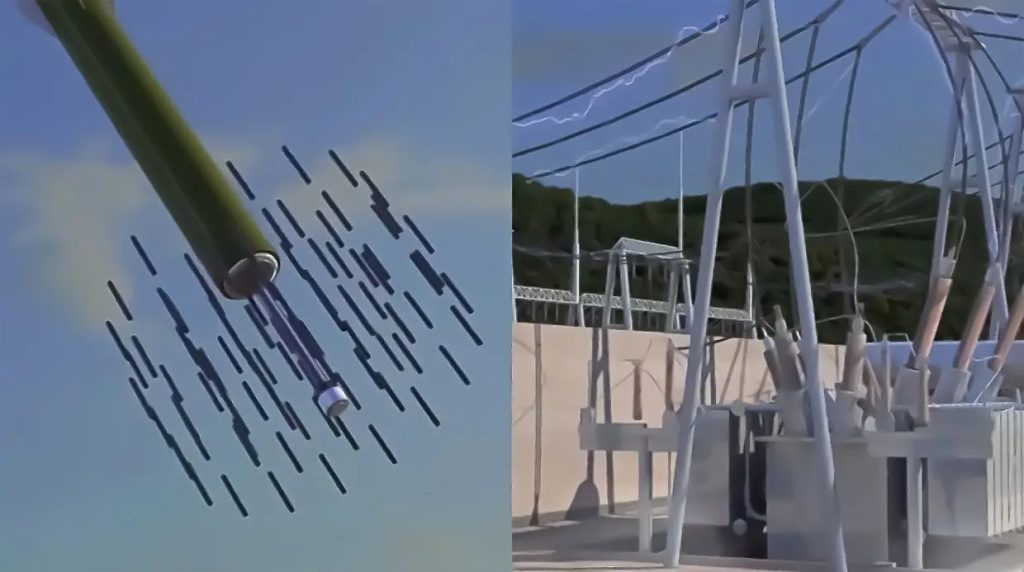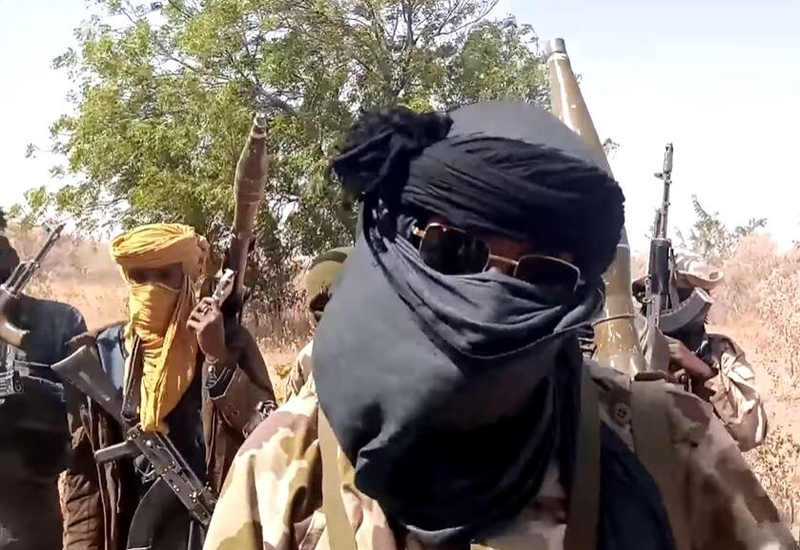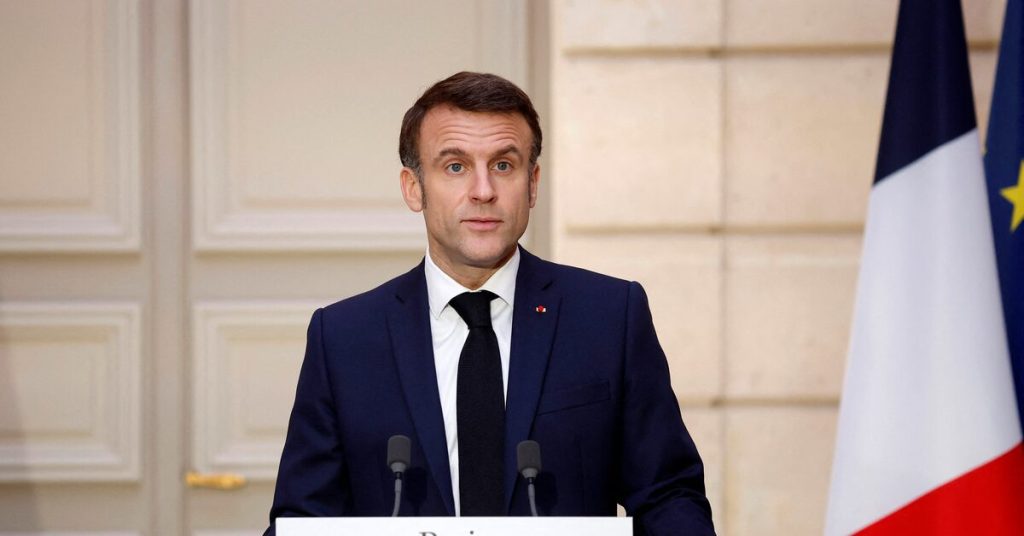Featured
Abacha’s family rejects IBB’s claim on June 12 annulment
DDM News

The family of the late General Sani Abacha has dismissed claims made by former Head of State, General Ibrahim Babangida.
According to Diaspora digital media (DDM) reports, Babangida, popularly known as IBB, recently published his autobiography titled A Journey in Service.
In the book, he admitted that the June 12, 1993, election was won by the Social Democratic Party’s candidate, MKO Abiola.
Babangida described the annulment of the election as an “accident of history” that was not entirely his decision.
He blamed military officers led by Abacha, who was then the Chief of Defence Staff, for the controversial annulment.
According to Babangida, the decision to cancel the election was taken without his permission or approval.
The Abacha family has strongly rejected this claim, calling it an attempt to rewrite history and shift responsibility.
In a statement signed by Mohammed Abacha, they insisted that Babangida was solely responsible for annulling the election.
They argued that since Babangida was the Head of State at the time, he had absolute executive powers over government decisions.
The family maintained that Abacha was neither the Head of State nor the Commander-in-Chief during the annulment.
They stated that attempts to blame Abacha were deliberate distortions of historical facts.
The statement emphasized that Abacha was only a senior military officer within Babangida’s government at that time.
Abacha and Babangida’s role in the 1966 military coups
Both Abacha and Babangida were key players in Nigeria’s military takeovers during the 1960s.
Babangida participated in the coup that led to the overthrow of Prime Minister Tafawa Balewa’s government in January 1966.
That coup eventually brought Major General Johnson Aguiyi-Ironsi to power as Nigeria’s first military Head of State.
Abacha played a major role in the counter-coup of July 1966, which removed Ironsi from office.
That counter-coup resulted in General Yakubu Gowon becoming Nigeria’s new military leader.
Abacha and Babangida continued to rise through the military ranks in subsequent years.
Both men later became influential figures in Nigeria’s military leadership.
Babangida eventually became Head of State in 1985 after overthrowing General Muhammadu Buhari.
Abacha remained a key figure in Babangida’s administration, serving as Chief of Army Staff and later as Chief of Defence Staff.
By the time the June 12 election was annulled in 1993, Abacha had become one of the most powerful officers in government.
Abacha’s family denies responsibility for annulment
Reacting to Babangida’s claim, the Abacha family accused him of attempting to manipulate historical facts.
They insisted that Babangida alone had the authority to annul the election as Head of State.
The family described the attempt to blame Abacha as misleading and politically motivated.
They urged Nigerians to be cautious of “revisionist narratives” that distort the country’s political history.
They argued that Babangida’s claim was an attempt to escape responsibility for his own decisions.
“The decision to annul the election was made under Babangida’s government, where he had full executive control,” the family stated.
“No one else, including Abacha, had the authority to make such a critical decision,” the statement continued.
They accused Babangida of trying to shift public perception in his favor through historical manipulation.
They argued that history should be recorded accurately to preserve the truth for future generations.
According to them, Abacha should not be blamed for a decision made by Babangida’s administration.
June 12 annulment: A controversial event in Nigerian history
The annulment of the June 12, 1993, election remains one of the most debated events in Nigeria’s history.
Many Nigerians believe that the election was the fairest and most transparent in the country’s democratic journey.
Chief MKO Abiola was widely recognized as the winner of the election before it was annulled.
Babangida’s decision to cancel the election sparked nationwide protests and political unrest.
Over the years, different accounts have emerged regarding the reasons behind the annulment.
Some believe that military officers feared losing power to a democratically elected government.
Others argue that there were external pressures influencing the decision to annul the election.
Babangida has consistently claimed that he was pressured by military officers, including Abacha, to cancel the election.
The Abacha family insists that this claim is false and that Babangida acted on his own.
They argue that Babangida should take full responsibility for his actions instead of blaming others.
Criticism of Babangida’s autobiography
The Abacha family did not only reject Babangida’s claims but also criticized his autobiography.
They argued that the book failed to provide a truthful and objective account of past events.
“We regret that A Journey in Service missed the opportunity to present an honest historical record,” the statement read.
They accused Babangida of using the book to defend himself at the expense of truth.
“As one public commentator aptly put it, honesty and sincerity are not commonly associated with the author,” they added.
The family believes that Babangida deliberately misrepresented facts to absolve himself of blame.
They stated that the book failed to acknowledge Babangida’s full responsibility for the annulment.
They criticized Babangida for trying to shift attention away from his role in the election crisis.
The Abacha family insists that historical accuracy is important for Nigeria’s democratic development.
They urged Nigerians to resist attempts to alter or distort historical facts for personal or political reasons.
Ongoing debate over the June 12 annulment
The controversy surrounding the annulment of the June 12 election remains unresolved.
Many Nigerians still question the true reasons behind the decision to cancel the election.
There is ongoing debate about the roles of various military officers in the annulment.
While Babangida continues to blame external pressure, others argue that he made the decision alone.
Abacha’s family maintains that their father had no role in annulling the election.
They insist that Babangida should accept full responsibility instead of blaming others.
As Nigeria reflects on its democratic history, the debate over the annulment is likely to continue.
The truth about June 12 may never be fully agreed upon by all parties involved.
Historical records remain contested, with different narratives shaping public perception.
For now, the question of who truly annulled the election remains open to interpretation.
For Diaspora Digital Media Updates click on Whatsapp, or Telegram. For eyewitness accounts/ reports/ articles, write to: citizenreports@diasporadigitalmedia.com. Follow us on X (Fomerly Twitter) or Facebook



